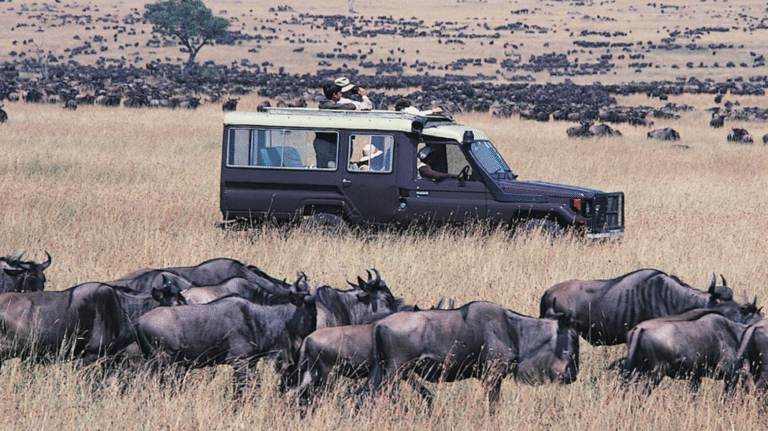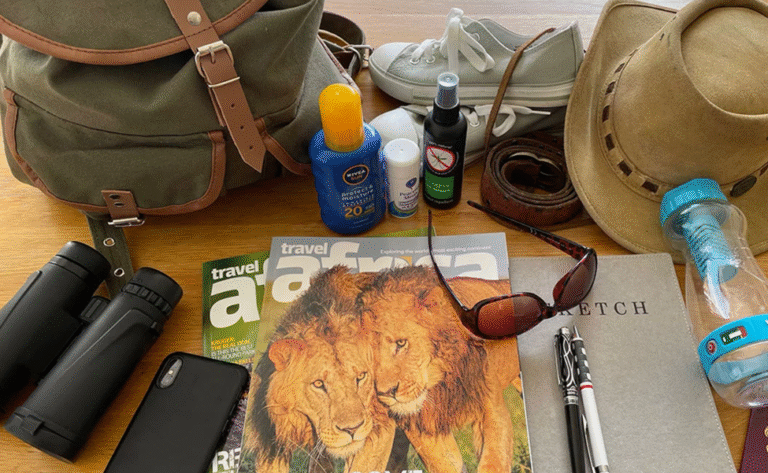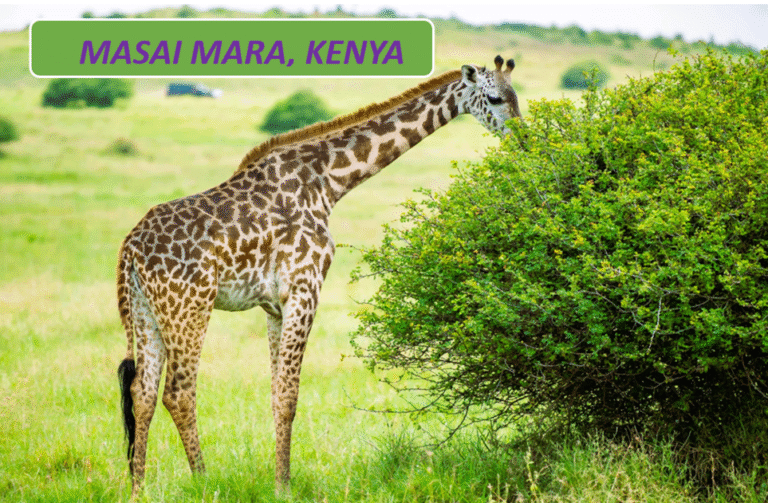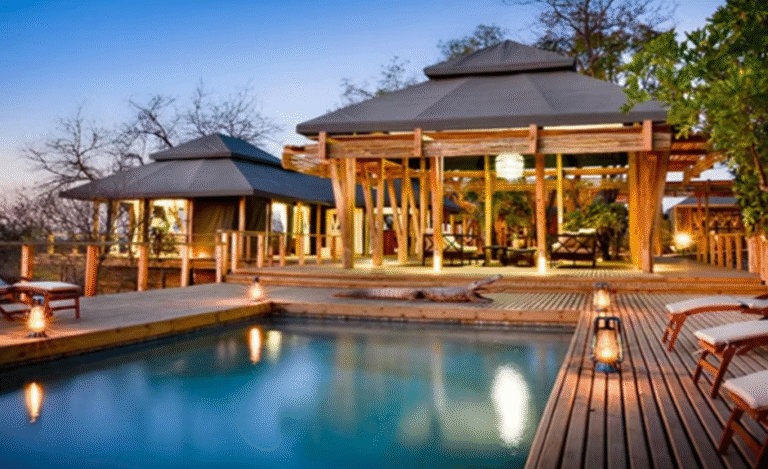
When backpacking, every amount counts. A lightweight tent makes a big difference. You’ll stay comfy without extra weight. Here are some top tents for backpacking and hiking.
1.MSR Hubba Hubba NX 2-Person Tent
The MSR Hubba Hubba NX is a top choice. It’s a two-person tent with plenty of room. The tent weighs around 3.5 pounds, which is very light.
Its unique design is freestanding and easy to set up, perfect for hiking adventures. The interior is roomy, offering 29 square feet of floor space. It’s also well-ventilated, preventing moisture build-up.
The tent’s material is durable and water-resistant. It uses Xtreme Shield coating for waterproofing. The Hubba Hubba NX is ideal for 3-season backpacking. It can handle rain, wind, and light snow.
Pros:
- Lightweight and durable
- Excellent ventilation and water resistance
Cons:
- Slightly pricey
2.Nemo Hornet 2P Ultralight Tent

The Nemo Hornet 2P is a top pick among tents for backpacking. It weighs under 2 pounds, perfect for solo hikers or two people. The tent offers 27.5 square feet of space, and its “Fly bar” pole design makes it feel roomy.
It has two doors , making it convenient and comfortable. The material is durable and weather-resistant, and the rainfly keeps you dry. A great choice for ultralight backpackers!
Pros:
- Extremely lightweight
- Good interior space and ventilation
Cons:
- Not ideal for extreme weather conditions
3.Big Agnes Copper Spur HV UL2

The Big Agnes Copper Spur HV UL2 is popular among backpackers. It’s a two-person tent with a freestanding design. This tent weighs only 2 pounds, 11 ounces, making it a favorite for hiking.
The Copper Spur HV UL2 is very roomy. It offers 29 square feet of floor space high-volume pole system provides extra headroom. Two doors make it easy to get in and out.
The tent is built with strong, waterproof materials. Its rainfly and floor are made of silicone-treated nylon. This ensures it holds up well in rainy weather while hiking.
Pros:
- Lightweight and spacious
- High-quality, durable materials
Cons:
- Expensive
4.Zpacks Duplex Tent

The Zpacks Duplex is a top choice in tents for backpacking. It weighs less than 1.5 pounds, perfect for two hikers or solo trips. This non-freestanding tent uses trekking poles, sets up easily, and offers 28 square feet of space. Made from Dyneema, it’s lightweight, waterproof, and durable. Ideal for long-distance backpackers and hiking fans!
Pros:
- Super lightweight
- Durable and waterproof
Cons:
- Requires trekking poles
5.REI Co-op Quarter Dome SL 2

The REI Co-op Quarter Dome SL 2 is among the top options of tents for backpacking. It is less than 3 pounds in weight and has a 28.7-square-foot capacity for two people. The semi-freestanding design makes gathering easy, especially on rough ground. Its huge doors, vestibules, and strong weather protection make it an excellent choice for your treks.
Pros:
- Lightweight and affordable
- Spacious with good weather protection
Cons:
- Not freestanding
6.Tarp tent Double Rainbow

The Tarp Tent Double Rainbow is a light and roomy tent for backpacking, weighing just 2.5 pounds. It fits two people and has 30 square feet of space. The single-wall design saves weight but keeps you protected. Big doors and vestibules offer extra space. The waterproof, durable fabric makes it a top pick for budget hikers. Easy to set up and pack down!
Pros:
- Spacious for its weight
- Affordable and easy to set up
Cons:
- Limited ventilation in humid conditions
7. Sea to Summit Alto TR2

The Sea to Summit Alto TR2 is a great tent for backpacking. It’s lightweight at just 2 pounds, 10 ounces and fits two people. The unique design adds extra headroom, with 28 square feet of space. This 3-season tent is waterproof, durable, and handles rain and wind easily. Perfect for backpacking trips!
Pros:
- Lightweight with lots of headroom
- Good weather resistance
Cons:
- Higher price point
8.Hyperlight Mountain Gear Ultamid 2

The Hyperlight Mountain Gear Ultamid 2 is an ultralight tent. It’s pyramid-shaped, offering excellent stability in harsh weather. This tent weighs just over 1 pound.
The Ultamid 2 is roomy, with 63 square feet of interior space. It’s non-freestanding, so it requires trekking poles for setup. Its shape sheds wind efficiently, making it very stable for serious hiking conditions.
The tent is made from Dyneema, which is waterproof. The Ultamid 2 is best for serious backpackers who want minimal weight.
Pros:
- Extremely lightweight and durable
- Large interior space
Cons:
- Expensive and requires trekking poles
9. Six Moon Designs Lunar Solo

The Six Moon Designs Lunar Solo is a great solo tent for backpacking. It’s ultralight at just 26 ounces and offers 26 square feet of space. Its non-freestanding design uses one trekking pole, making it light and simple. The single-wall build keeps it waterproof. Easy to set up and pack down, it’s perfect for budget solo backpackers who love hiking.
Pros:
- Very lightweight and affordable
- Good interior space for solo hikers
Cons:
- Not ideal for windy conditions
How to Choose the Right Lightweight Tent
Choosing the right tent depends on your hiking needs. Here are a few factors to consider:
- Weight: Every ounce counts on long hikes. Choose a tent with minimal weight.
- Capacity: Decide if you need a solo or two-person tent for your hiking adventures.
- Seasonality: Most lightweight tents are for 3-season use. Consider a 4-season tent for winter hiking.
- Material: Dyneema and silicone-treated nylon are durable, lightweight options.
- Setup: Freestanding tents are easier to set up, but non-freestanding ones are often lighter.
A light tent makes backpacking and hiking easier and more fun. There are lots of great tents for backpacking to fit every budget and preference. There are tents for every trip, from ultralight models to sturdy, weather-resistant ones.
FAQ’s
- What weight qualifies a tent as “lightweight” for backpacking and hiking?
- Are freestanding tents better than non-freestanding tents for hiking?
- What materials are best for lightweight hiking tents?
- Can lightweight tents handle extreme hiking weather conditions?
- How do I choose the right tent size for backpacking and hiking?






